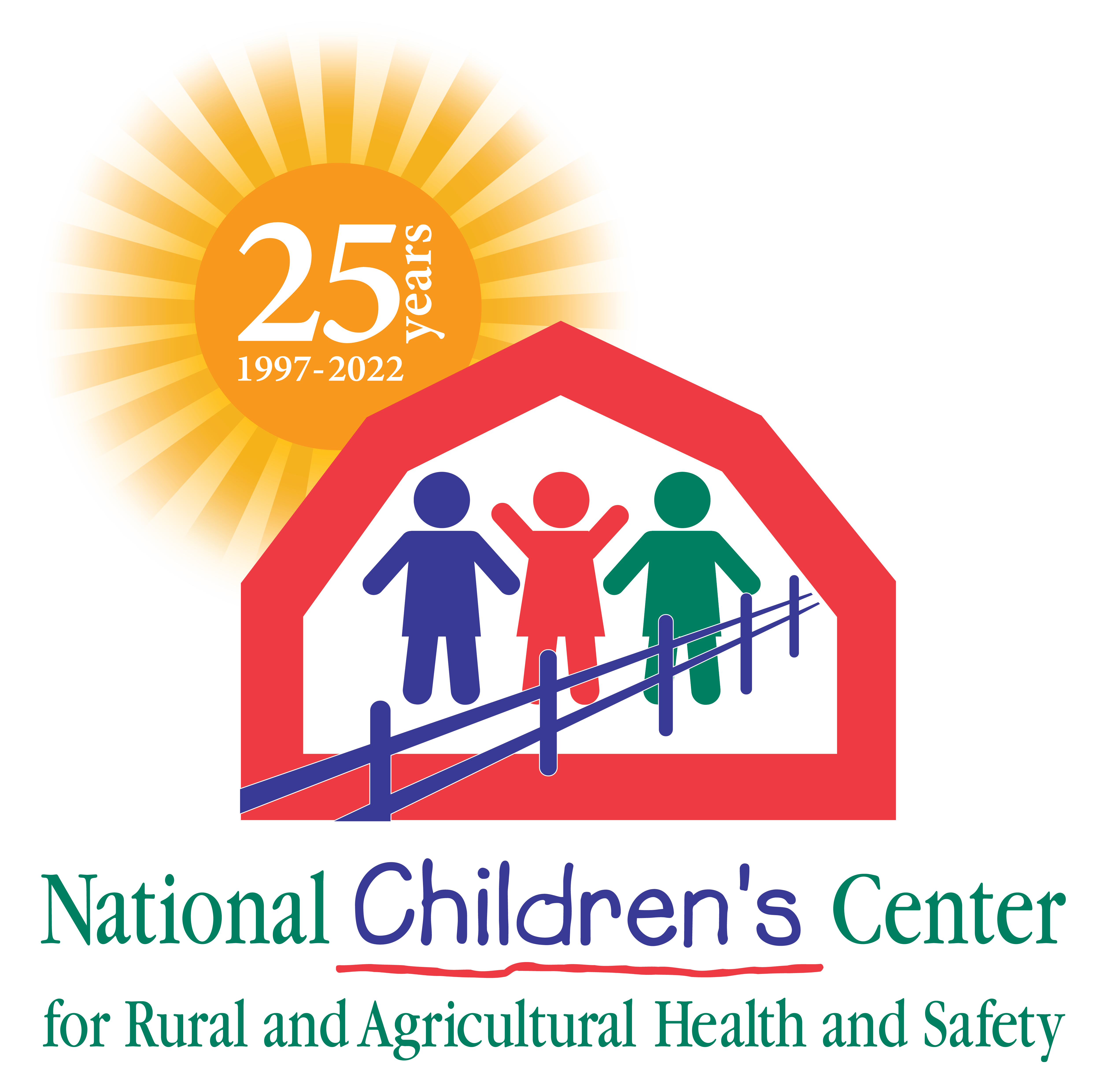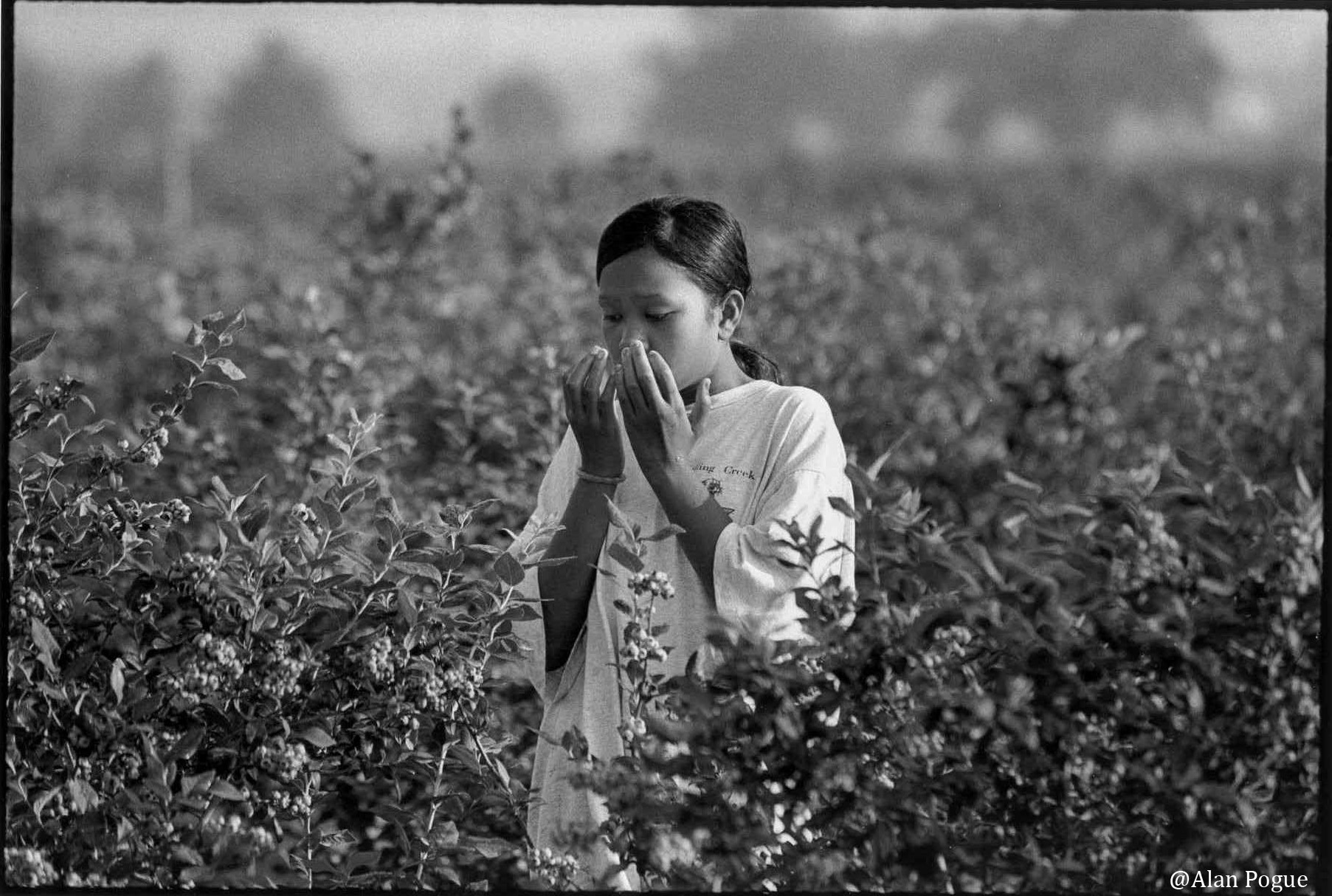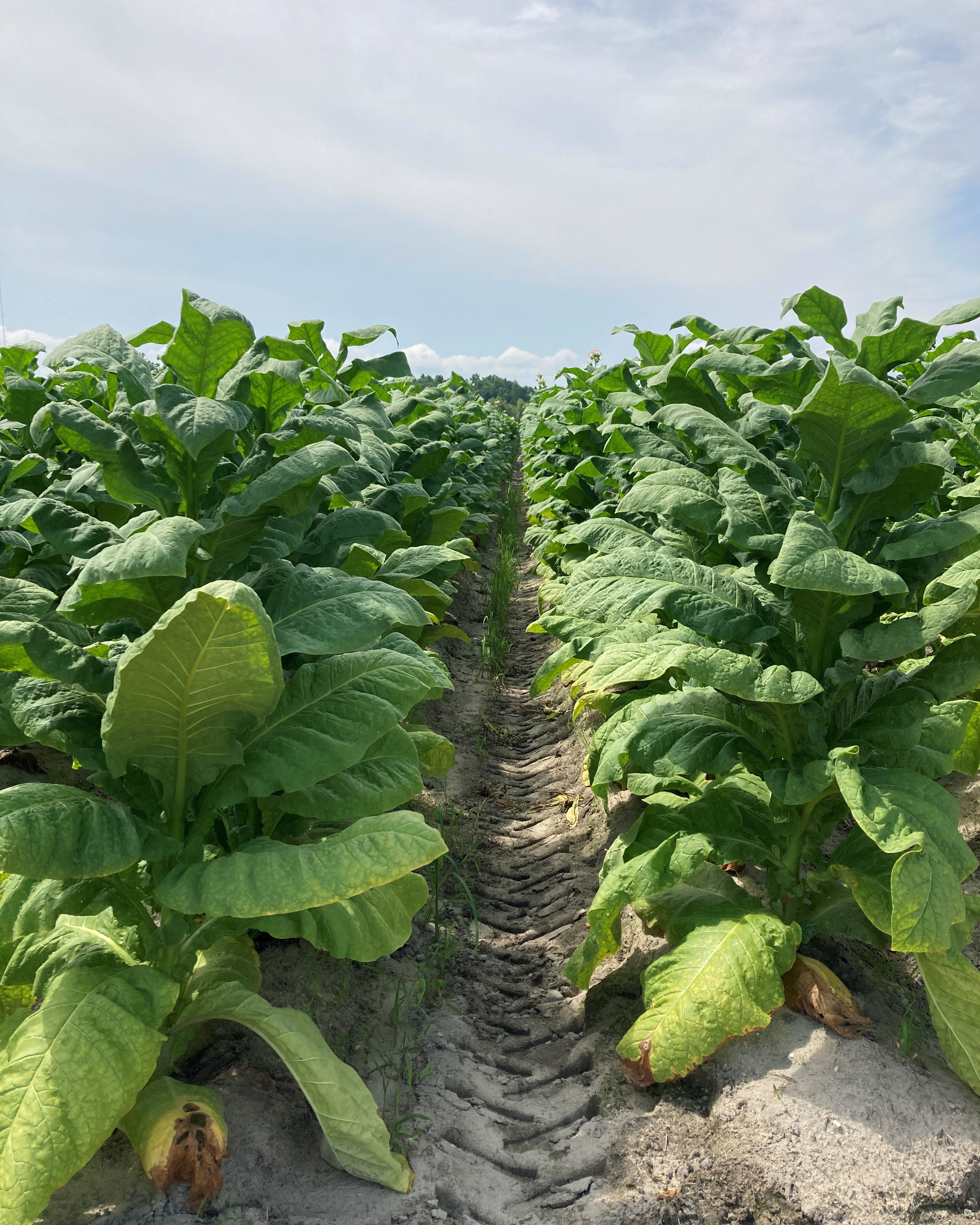September 12, 2022
CONTACT: Scott Heiberger
Heiberger.scott@marshfieldresearch.org
715-207-1604
Community-based research project explores how pandemic impacted Latino child farmworkers
A researcher in North Carolina, with support from the National Children’s Center for Rural and Agricultural Health and Safety, seeks to better understand how the COVID-19 pandemic has impacted Latino child farmworkers and the organizations that serve them.
“I am trying to understand the ways in which the COVID-19 pandemic has been experienced by Latino child farmworkers and their families, with a focus on the pandemic’s effect on work, education and health experiences,” said Taylor J. Arnold, M.A., project manager at Wake Forest University School of Medicine in Winston-Salem, N.C., and Ph.D. student at UNC-Greensboro.
Arnold is the principal investigator of a 2022 National Children’s Center grant-supported Emerging Issues Program project.
“As the pandemic progressed, I heard from individuals at several organizations that it was creating new challenges for Latino farmworker families,” Arnold said. “I also observed that the pandemic changed the relationships of some of the organizations providing services, so it seemed important to understand how the pandemic had affected these children in order to hopefully provide useful information for how to address some of the inequities they are experiencing that may have lasting effects.”
Arnold had been involved for six years with Wake Forest’s Community Based Participatory Research started by Drs. Thomas Arcury and Sara Quandt, and continued by Dr. Stephanie Daniel, which is examining the health of Latino child farmworkers in North Carolina. They had just finished collecting data for the previous study in 2019 before the pandemic hit.
“This research is important to me, and I really enjoy working with community groups and members,” Arnold said. “I am interested in using participatory research methods to understand the intersections of labor, migration and health.”
Arnold learned of the Emerging Issues Program through an email listerv. He recognized the project he’d been thinking about was relevant.
“Serendipitously, nearly a decade ago, my career and its focus on occupational safety and health issues really had its start at the National Farm Medicine Center. While working on my Master’s degree, I was an intern for a dairy safety initiative for immigrant workers at NFMC,” Arnold said. “It is interesting to reconnect through this work with several of the folks I met while I was there.”
The National Children’s Center is a program of the National Farm Medicine Center, Marshfield Clinic Research Institute.
The National Children’s Center’s Emerging Issues Program supports emerging health and safety concerns of children working on, living in or visiting agricultural environments. In particular, the program strives for a rapid response to explore, test, implement or recommend strategies that are likely to identify causes, effects and prevention interventions in response to new or unresolved/complex problems.
“The Emerging Issues Program allows us to fund pilot studies and projects across the U.S., and it enables us to partner with some fantastic researchers, like Taylor, who expand the knowledge and expertise of our Center,” said Bryan Weichelt, Ph.D., director of the Emerging Issues Program.
Four projects have been funded in fiscal year 2022, including Arnold’s.
“This population faces many ‘structural vulnerabilities’ due to social and historical forces that constrain their opportunities and can have negative impacts on their health, well-being and future outcomes,” Arnold said. “These vulnerabilities can include: economic, from low wages and precarious work arrangements; legal, due to documentation status and child labor laws that permit young children to work in agriculture; psychosocial, resulting from experiences of racism and discrimination and social disruptions from migration; and environmental, due to hazardous farm work exposures.”
“These vulnerabilities were all pre-existing and socially produced, but the pandemic has likely exacerbated all of these vulnerabilities in a crosscutting way,” Arnold said.
“At the same time, some children in these circumstances tend to be very resilient to adverse conditions, so I am interested in what factors may contribute to their resiliency to cope with their shifting work, education and health experiences during the pandemic and what implications this has for the future and ways in which support can be allocated where it is needed,” he said.
Four months into the study, Arnold has trained two research assistants, Fabiola Torres-Lara and Jose Robles Arvizu. He has nearly completed the planned key stakeholder interviews, which include community outreach workers, school system staff, and individuals at organizations providing services to farmworkers.
As part of the community-based participatory approach, he has worked with youth from Student Action with Farmworkers’ Levante Leadership Institute to design and test the youth interview guide. “Working in this capacity with the youth is a highlight of this and other projects,” he said. “They have great ideas and have lived experience that I do not have, which helps me to tailor the interview questions appropriately and to critically reflect on my own approach to this work.”
This summer, Arnold has been travelling throughout rural North Carolina to interview Latino child farmworkers, ages 10 to 17, about their work, school, and health experiences during the pandemic. He has completed about two-thirds of the planned interviews. “One thing that stands out to me at this point is the strength and resiliency of these youth in the face of incredibly difficult situations,” Arnold said. “I am looking forward to continuing these interviews and the qualitative analysis.”
Arnold is hopeful the project yields relevant information to help organizations that serve farmworker families to address the unique and emerging needs of the population. “I also hope that it can contribute to the academic literature and inform other areas that need community-driven investigation in order to create positive social change,” he said.
The National Children’s Center for Rural and Agricultural Health and Safety is celebrating 25 years of preventing injuries associated with the agricultural worksite, one of the nation’s most hazardous worksites and the only one where children of any age may be present.
The National Children’s Center is a program of the National Farm Medicine Center, Marshfield Clinic Research Institute. It is one of 11 agricultural health and safety centers funded by the National Institute for Occupational Safety and Health (NIOSH).
###
PHOTO CAPTIONS
Young farmworker in a blueberry field. (Alan Pogue photo)
Tobacco production is prevalent in the study area. (Taylor Arnold photo)
Display in Latest News: Yes



